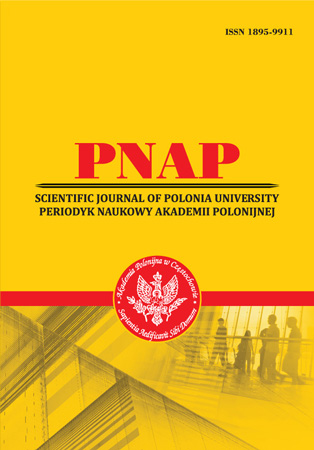LANGUAGE EDUCATION PROJECTS IN PRIMARY SCHOOL IN GREAT BRITAIN IN THE SECOND HALF OF THE XXth – BEGINNING OF THE XXIst CENTURY
Abstrakt
The article analyzes language education projects in primary school in Great Britain in the second half of the XX – beginning of the XXI century. The aspirations of specialists in the field of language education were aimed at democratizing the educational system in the country. The idea of an early start in teaching foreign languages to students was put forward. During the second half of the century in England, Wales, Scotland, a number of projects were conducted to teach a foreign language at the level of primary education. The implementation of the projects highlighted both the positive features and the difficulties of the initiative. Teaching foreign languages in primary schools requires consideration of a number of factors, including didactic, psychological aspects, issues of ensuring appropriate teacher training, and so on. In general, the research of British scientists in the field justified the positive assessment of the projects, identifying positive dynamics of student performance in a foreign language, increasing student motivation to study the discipline and a positive attitude to it, expanding the general and educational interests of children; the importance of teaching the subject for general education and development of children, better development of their speech skills and stressed the need for didactic development and pedagogical implementation of foreign language teaching in primary education with continuity and consistency in the curriculum at secondary education, special training for primary school teachers schools for teaching foreign languages.
Wykaz bibliografii
2. Burstall, C. (1970). French in the Primary School: Attitudes and Achievement. Slough: National Foundation for Educational Research in England and Wales.
3. Gamble, C. J., Smalley, A. (1975). Primary French in the Balance: Were the Scales Accurate. London: Modern Languages.
4. Hawkins, E. (1997). The Early Teaching of Modern Languages. A Pilot Scheme. London: CILT.
5. Hotho, S. (1988). Introduction: Language Teaching and Language Learning. A Modern Relationship. Forum for Modern Language Studies. London: CILT.
6. Hoy, P. H. (1977). The Early Teaching of Modern Languages. London: Nuffield Foundation.
7. Johnstone, R. (1997). The Scottish Initiatives by Hawkins E. 30 Years of Language Teaching. London: CILT.
8. Lazaro, C. M. (1963). Report of Foreign Language Teaching in British Primary Schools, January to March. London: NFER.
9. Low, L., Brown S., Johnstone R., Pirrie A. (1995). Foreign Languages in Primary Schools: Evaluation of the Scottish Pilot Projects. Scottish: CILT.
10. Nisbet, J. (1970). Educational Research Methods. – London: University of London Press. Penfield, W. G., Roberts, L. (1959). Speech and Brain Mechanisms. London: Oxford University Press.
11. Plowden, (1967). Children and their Primary Schools. London: HMSO.
12. Satchwell, P. (1997). The Present Position in England. London: CILT.
Abstract views: 145 PDF Downloads: 128







